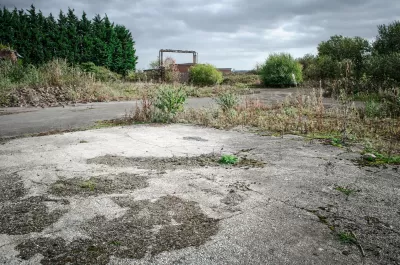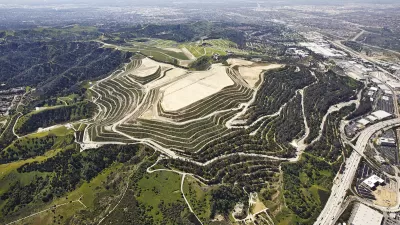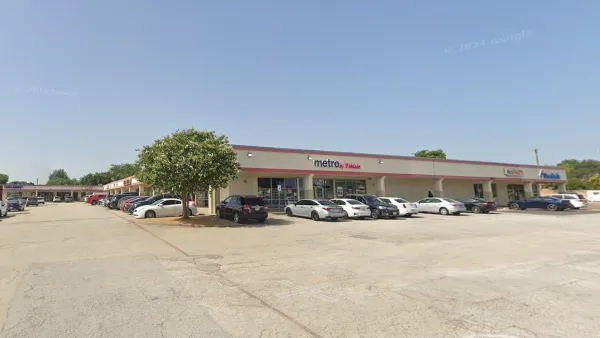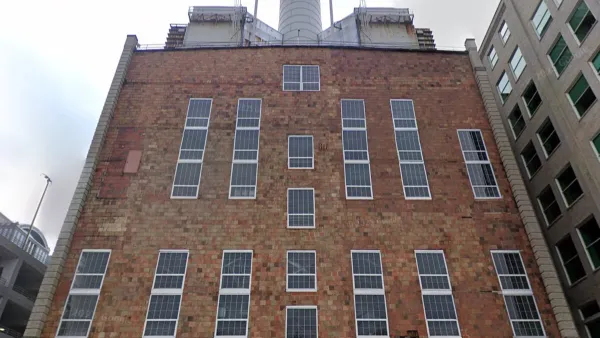In September 2024, the Center for Creative Land Recycling will hold its annual conference in Carson, California, offerings opportunities to learn about the reuse of underutilized and contaminated properties.

In collaboration with the U.S. Environmental Protection Agency (EPA) Region 9 and the CA Department of Toxic Substances Control’s (DTSC) Office of Brownfields, the Center for Creative Land Recycling (CCLR) will host the California Land Recycling Conference (CALRC) from September 17 to 19 at the Carson Event Center in Carson, California. CALRC is the premier event for community, municipal, and redevelopment professionals focused on the beneficial reuse of underutilized and contaminated properties. With unprecedented funding and other resources to address brownfield cleanup and reuse challenges, CALRC offers the tools, training, and connections attendees need to create and capitalize on opportunities for revitalization.
Originally founded in 1998 as a project of the Trust for Public Land (TPL), CCLR is the only national nonprofit working exclusively to champion the equitable and sustainable cleanup and reuse of vacant or contaminated properties often referred to as “brownfields.” A brownfield is typically defined as a property where expansion, redevelopment or reuse may be complicated by the presence or potential presence of a hazardous substance, pollutant or contaminant. Land recycling, revitalization, or restoration refers to the process of returning the property to a safe and sustainable use after site assessment and cleanup.
CCLR sees brownfields as opportunities to transform liabilities into assets for communities and believes that land recycling is the key to ensuring a healthy, sustainable, and equitable future. CCLR serves as U.S. EPA’s Technical Assistance to Brownfield Communities (TAB) provider in Alaska, Arizona, California, Hawaii, Idaho, Nevada, Oregon, Washington, and the Pacific Island territories.
FULL STORY: 2024 California Land Recycling Conference: From the Ground Up

Maui's Vacation Rental Debate Turns Ugly
Verbal attacks, misinformation campaigns and fistfights plague a high-stakes debate to convert thousands of vacation rentals into long-term housing.

Planetizen Federal Action Tracker
A weekly monitor of how Trump’s orders and actions are impacting planners and planning in America.

In Urban Planning, AI Prompting Could be the New Design Thinking
Creativity has long been key to great urban design. What if we see AI as our new creative partner?

Massachusetts Budget Helps Close MBTA Budget Gap
The budget signed by Gov. Maura Healey includes $470 million in MBTA funding for the next fiscal year.

Milwaukee Launches Vision Zero Plan
Seven years after the city signed its Complete Streets Policy, the city is doubling down on its efforts to eliminate traffic deaths.

Portland Raises Parking Fees to Pay for Street Maintenance
The city is struggling to bridge a massive budget gap at the Bureau of Transportation, which largely depleted its reserves during the Civd-19 pandemic.
Urban Design for Planners 1: Software Tools
This six-course series explores essential urban design concepts using open source software and equips planners with the tools they need to participate fully in the urban design process.
Planning for Universal Design
Learn the tools for implementing Universal Design in planning regulations.
Gallatin County Department of Planning & Community Development
Heyer Gruel & Associates PA
JM Goldson LLC
City of Camden Redevelopment Agency
City of Astoria
Transportation Research & Education Center (TREC) at Portland State University
Jefferson Parish Government
Camden Redevelopment Agency
City of Claremont





























